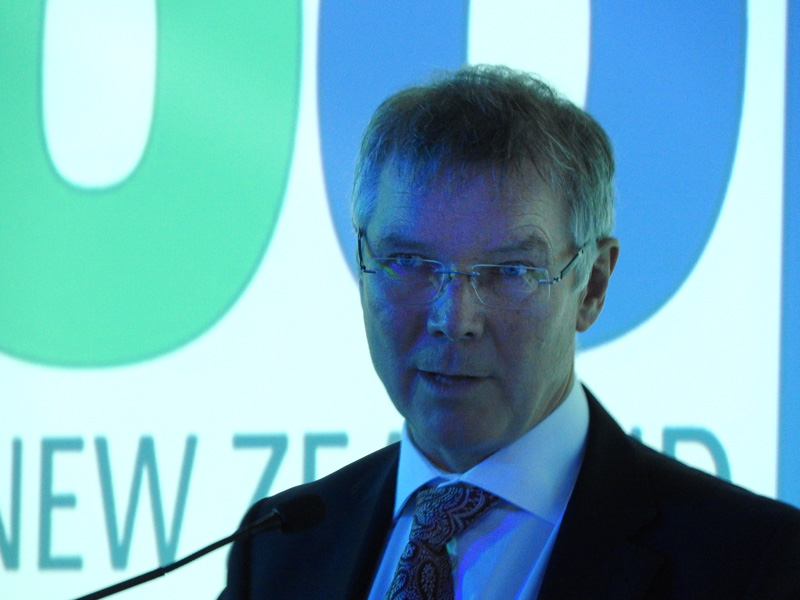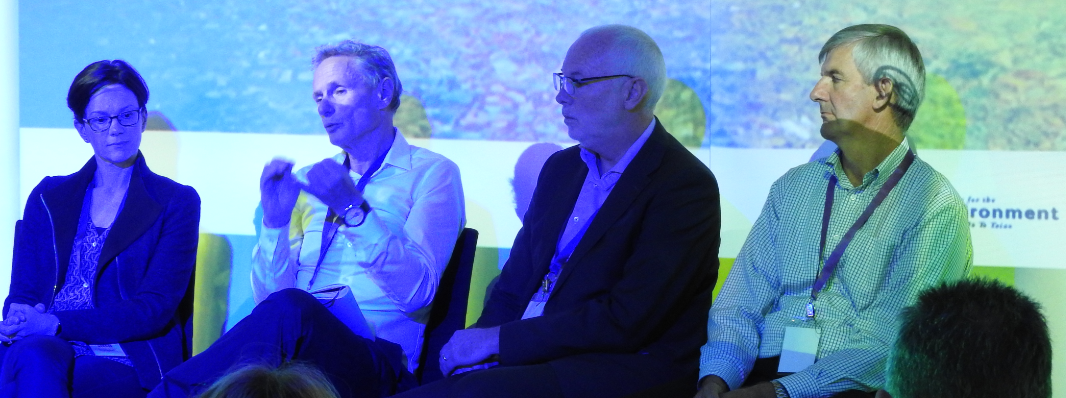Environmental and economic sustainability dominated debate at the second annual co-operative leaders’ forum in New Zealand on 27 February.
Organised by apex body Cooperative Business New Zealand, the event at Auckland’s Fonterra Centre included a keynote address by cabinet minister David Parker, whose portfolios include economic development, trade and export growth and the environment.
The economy is a wholly owned subsidiary of the environment, Mr Parker told delegates, as he paid tribute to the “significant contribution of co-operative businesses to a thriving, sustainable, high-value export economy”. Co-operatives generate almost one-fifth of New Zealand’s GDP.

“Co-operatives create a significant proportion of New Zealand’s wealth creation, good jobs, resilient enterprises and strong communities in many parts of our regions,” he said.
“I am aware that co-operatives are big contributors to jobs and revenue generation. The contribution of more than NZ$42 billion (£22bn) a year to GDP and employment of almost 50,000 New Zealanders is not insignificant.”
Mr Parker extended an invitation to co-ops and mutuals to work more closely with the government.
“Our government wants to work with you to ensure the right conditions for firms to export, that we maximise the value of the goods and to encourage high quality investment in New Zealand.
“We want all New Zealand’s regions and sectors to realise their full potential.
“I am keen to work with you and agricultural co-operatives to leverage New Zealand’s opportunities in precision agriculture, sensor technology and on-farm robotics to enable higher value land-uses that can both grow the economy and reduce environmental impacts.”
Delegates also heard from representatives from the Ministry of Business, Innovation and Enterprise; the Ministry for the Environment; and NZ Trade and Enterprise.
They discusses export growth opportunities; support for start-ups wishing to export; how to drive innovation and improved productivity across the national economy, and key environmental issues for agri-producer co-ops.

“With New Zealand seeking to achieve 90% swimmable rivers by 2040, discussions included the need for full commitment from both urban and rural communities,” said Cooperative Business NZ chief executive Craig Presland.
“Globally, the co-operative business model is the most closely aligned towards supporting and meeting the United Nations’ 17 Sustainable Development Goals. In New Zealand, our agri sector looks to lead the way in meeting environmental targets. Fonterra, for example, recently published a comprehensive Sustainability Report setting out its environmental, social and economic performance whereby its investment and focus have been very significant.
“With the co-operative sector representing about one-fifth of our economy, and almost one-in-three Kiwis now being served as a member of a co-operative, mutual or society, this sector represents the backbone of our economy.
“These are sustainable and enduring businesses with many trusted brands, products and services that been provided locally and internationally for decades and even centuries.”